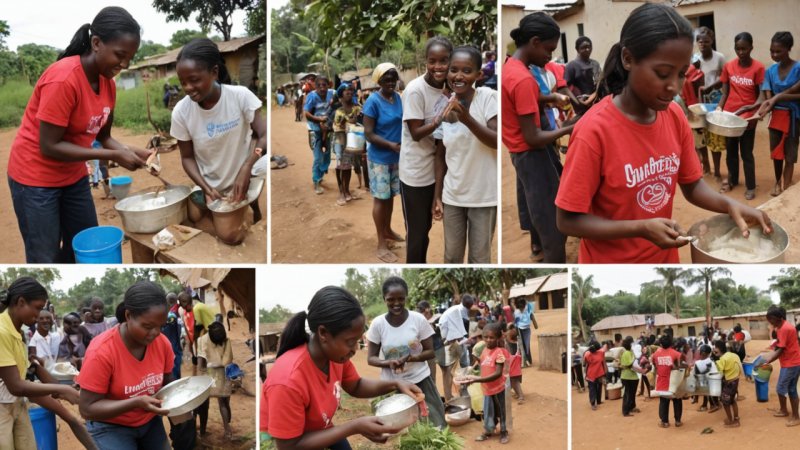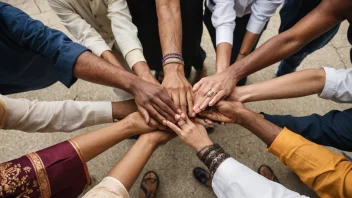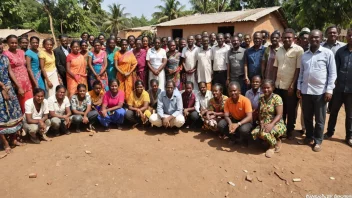Volunteering in humanitarian aid projects around the globe is an incredible opportunity to contribute to social change and support communities facing adversity. This article will outline the essential steps you can take to become an effective volunteer in humanitarian aid, ensuring that your efforts create a lasting impact.
Begin by exploring your motivations for volunteering. Understanding why you want to engage in humanitarian aid will help you choose the right projects and organizations. Whether you are passionate about education, health care, poverty alleviation, or disaster relief, identifying your motivation will guide your search for opportunities.
Research is crucial when selecting a volunteer organization. Numerous reputable organizations operate globally, each with unique missions and projects. Websites like Idealist and VolunteerMatch can help you find opportunities that align with your interests. Look for organizations that prioritize ethical practices, transparency, and community involvement. Reading reviews and testimonials from past volunteers can also provide insight into their experiences.
Once you’ve narrowed down your options, it’s vital to understand the application process. Many organizations require volunteers to fill out an application, provide references, or attend an interview. Some may even conduct background checks, particularly for projects working with vulnerable populations. Be prepared to articulate your skills, experiences, and the reasons you wish to volunteer.
Consider the skills you bring to the table. Some humanitarian projects may require specific qualifications, such as teaching credentials, medical training, or technical expertise. If you lack these qualifications, seek out programs that offer training or consider volunteering in support roles. Many organizations need assistance with logistics, fundraising, or community outreach, which can still make a significant difference.
When volunteering internationally, immerse yourself in the local culture. Research the customs, traditions, and languages of the communities you’ll be serving. Taking the time to learn basic phrases in the local language can go a long way in building rapport with community members. Respecting local customs and practices is essential for fostering trust and collaboration.
Before embarking on your volunteer journey, prepare for the practical aspects of your trip. Consider your travel logistics, including visas, vaccinations, and travel insurance. Also, budget for living expenses, as some organizations may require volunteers to cover their costs. Seeking funding opportunities or sponsorships from local businesses or community groups can also be beneficial.
As you begin your volunteering experience, remain adaptable and open-minded. Humanitarian work can be unpredictable, and challenges may arise. Embrace these moments as learning experiences and opportunities for growth. Engage with local community members and other volunteers, as their insights can enhance your understanding of the situation and foster collaboration.
In conclusion, volunteering in global humanitarian aid projects is a rewarding experience that can lead to personal growth and positive change for communities in need. By following these steps, you can effectively engage in humanitarian work, ensuring your efforts contribute to meaningful solutions. The world is in need of compassionate individuals ready to make a difference—are you ready to take the first step?
Steps to Engaging in Global Aid Volunteerism
Discover essential steps to effectively engage in global humanitarian aid volunteerism and make a lasting impact.






